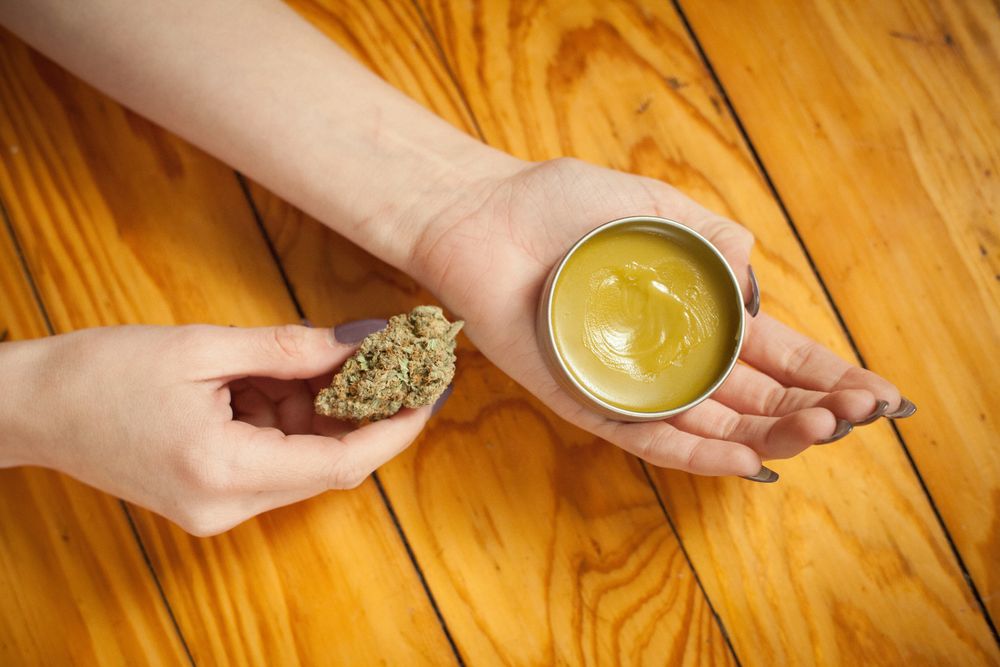Almost all the official marketing around CBD is related to health and wellness. That is not an accident. CBD was made legal by the 2018 Farm Bill because the cannabinoid doesn’t make you high. But is it all a smokescreen? How much of the CBD industry is really about getting high?
It is a legitimate question given the state of affairs in Texas. According to The Smart Money’s Michael Taylor, Texans have found a way to get high on CBD products despite the fact that marijuana is still outlawed in the Lone Star State.
Believe it or not, they are actually getting high on products that contain THC. Those products are purchased at CBD shops around the state. But how is that possible? Keep reading to find out.
Getting Out the Good Stuff
Irrespective of whether a manufacturer wants to create CBD or THC products, the first step of turning cannabis plants into marketable products is extraction. A manufacturer invests in a hemp extractor and all the ancillary equipment to get the job done.
Houston-based CedarStoneIndustry explains that there are multiple extraction processes a manufacturer could utilize. In the end, the most important thing is that the processor gets the cannabinoids and terpenes it wants, and in volumes sufficient enough to make extraction worthwhile.
What comes out of the hemp extractor is a crude oil that can be further refined to concentrate the desired cannabinoids and terpenes. From there, manufacturers combine the refined compounds with other ingredients to make retail products.
Delta-8 and Delta-9 THC
It turns out that THC comes in many forms. The form naturally found in marijuana and responsible for its high is known as Delta-9 THC. But there is a Delta-9 isomer known as Delta-8. It can make you high, too. It is just a different kind of high.
Delta-8 THC wasn’t on anyone’s radar until manufacturers discovered they could synthesize it from CBD and then add it to legal CBD products. Once regulators figured out what was happening, they moved to ban Delta-8 in Texas. That did not stop manufacturers from looking for ways to make legal products that high-chasing users could purchase.
Some of the more creative manufacturers went back to Delta-9. By law, a product containing 0.3% or less THC, by volume, is classified as a legal CBD product. So what did manufacturers do? They began adding THC to edibles – like candy bars.
When you are working with a liquid vape product, you cannot keep THC under 0.3% and create a product that offers a significant high. But THC in a candy bar is measured in terms of dry weight. Compared to the weight of chocolate, peanuts, etc., you can keep THC below the legal threshold and still put enough of it into an edible to get the desired effect.
Little to Do with Health and Wellness
Manufacturers have found a way to sell legal CBD products in Texas that still contain enough THC to create a high. The fact that they are doing so suggests that their pursuit of the CBD market has little to do with health and wellness. They are intentionally creating products aimed at people who want to get high without having to purchase pot.
None of this suggests that the entire CBD industry is doing similar things. But there is enough here to question whether there are players in the CBD space who are only using health and wellness as a license to help people circumvent the law. It is pretty clear that at least some of those players are only about getting high.

